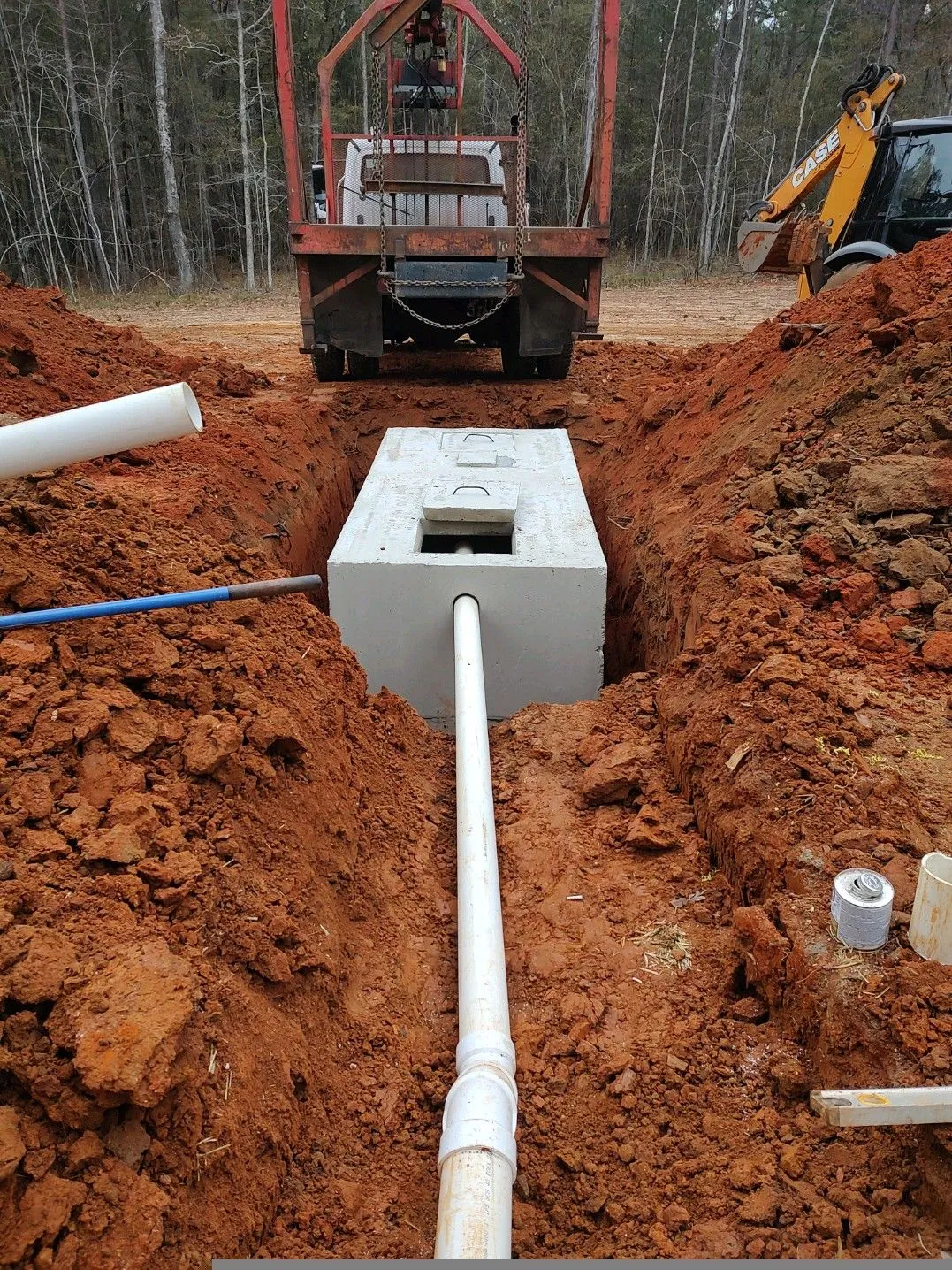
The Role of Septic Systems in Sustainable Living: A South Georgia Perspective Nov 21, 2025
At the heart of sustainable living is the efficient use of resources, and septic systems are vital players in this regard. Unlike large-scale municipal wastewater plants that require significant energy and chemical input, septic systems operate quietly and efficiently on a smaller scale. In many rural areas of South Georgia, where municipal sewage services might not reach, homeowners rely heavily on these systems to manage wastewater effectively. This localized processing not only saves energy but also reduces the carbon footprint associated with transporting waste long distances.
One of the primary environmental benefits of septic systems is their ability to treat wastewater naturally. The process begins when used water from a home flows into the septic tank, where solids settle at the bottom and are broken down by natural bacteria. This process significantly reduces the volume of solid waste, minimizing the environmental impact. Effluent, or the liquid waste, is then released into a drain field, where soil naturally filters and purifies it. Through these natural processes, clean water returns to the water cycle without the need for harsh chemicals or energy-intensive treatments.
Moreover, septic systems promote water conservation, an important consideration in sustainable living. Households typically become more aware of their water usage with septic systems, as excessive use can strain the system. This awareness leads to more water-conscious behaviors, such as fixing leaks promptly, using water-efficient appliances, and managing waste responsibly, all contributing to sustainable practices and resource conservation.
Beyond environmental benefits, septic systems also provide economic advantages that align with sustainable living. They offer a one-time investment that, with proper maintenance, can last for decades. In contrast to the continuous costs associated with municipal sewage systems, septic systems allow homeowners to manage wastewater affordably over the long term. Partnering with a trusted provider like South Georgia Septic ensures that systems are regularly inspected, maintained, and serviced, preventing costly repairs and ensuring efficient performance.
For those considering sustainable practices, embracing a septic system can be a key component. Regular maintenance, facilitated by North Georgia Septic, can enhance a septic system's performance. Routine inspections and pumpings are crucial to prevent system overloads, clogs, or failures, ensuring that your system remains an eco-friendly solution in managing household wastewater.
In conclusion, septic systems play an integral role in promoting sustainable living for South Georgia communities. Their ability to efficiently and naturally process wastewater makes them valuable assets in conserving resources and reducing environmental impact. With the expert guidance of South Georgia Septic, homeowners can maximize their septic systems' benefits, contributing positively to their environment and sustainability goals. By choosing septic systems, South Georgia residents not only participate in sustainable living but also invest in a more environmentally responsible future. Embrace the sustainable lifestyle septic systems offer, and make a difference for your home, community, and the planet.
/filters:no_upscale()/media/9ea110d9-8e86-4c63-8848-b19e6ea2c83a.jpg)